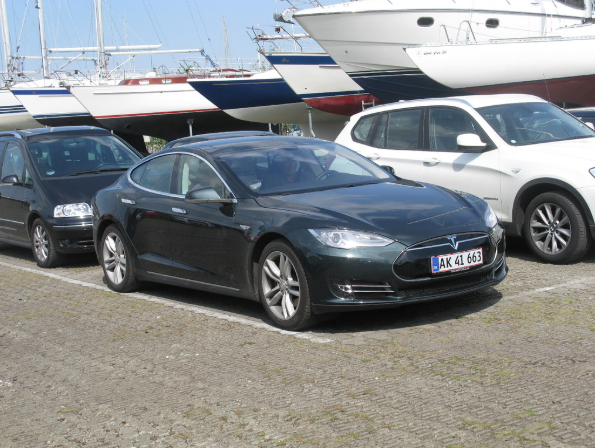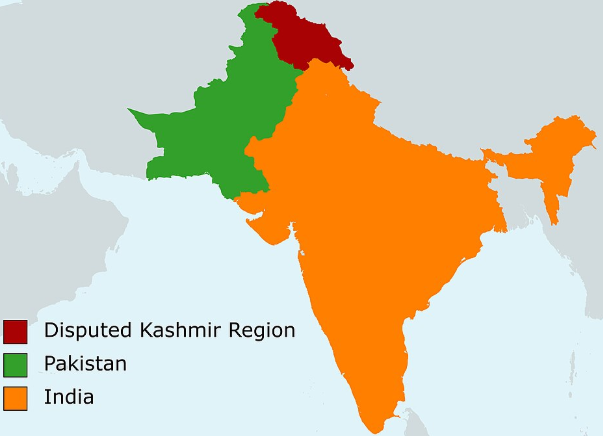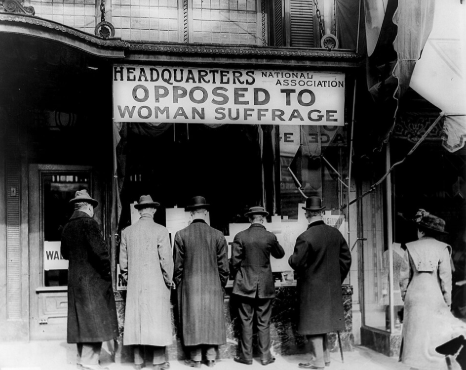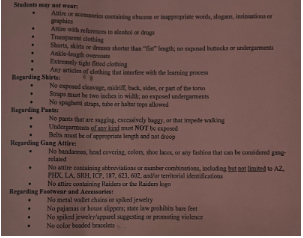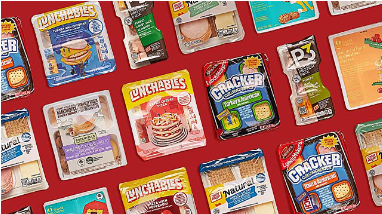Following a study done by Consumer Reports, they claim lunchables are unhealthy, unsafe, and there is “a lot to be concerned about.”
Alongside other lunch kits, lunchables were tested by Consumer Reports and the results were upsetting: High levels of sodium, lead, cadmium, other heavy metals, and phthalates, which are chemicals that make plastic more flexible. The main part of these meals are meat as well which is highly processed and has been linked to an increased risk to cancer.
While many lunch kit brands were tested and were disappointing, lunchables by far had the worst results. They contained the highest number of sodium and lead levels, but never exceeding the legal limit of consumption. At least 5 meals, though, would expose children to 50% of regulatory lead and heavy metals for a day through consumption, which can cause developmental and many health issues for young children if enough metal is consumed.
These lunch kits are used in school cafeterias with little thought because they are known for nutrition and cost efficiency. This study proves them otherwise. A Kraft Heinz spokesperson claims that “lunchables are up to USDA standards,” and that sodium levels are higher because more meat has been added to the lunches for higher protein to better fuel the children throughout the day.

